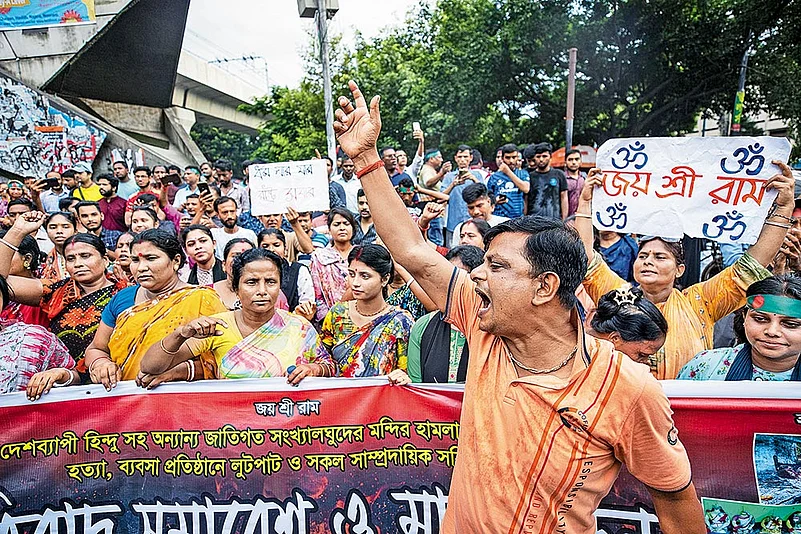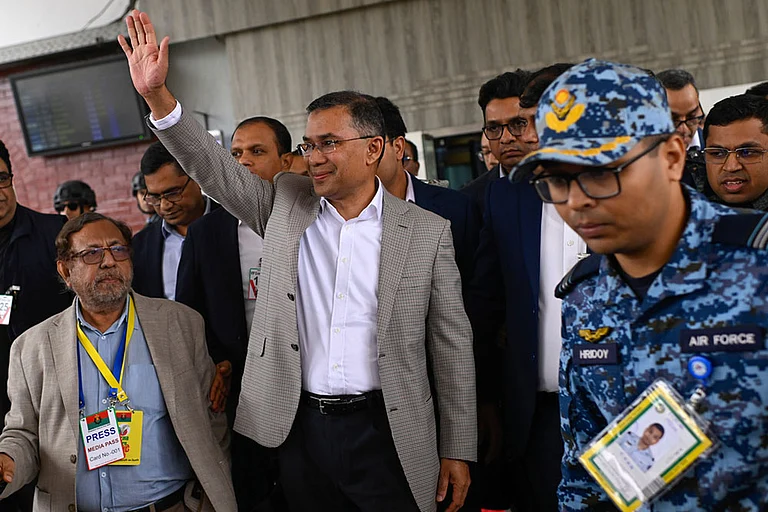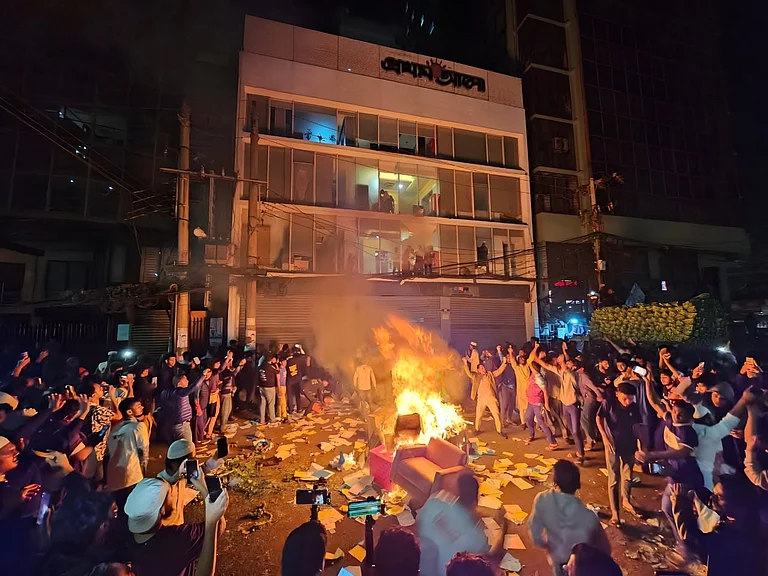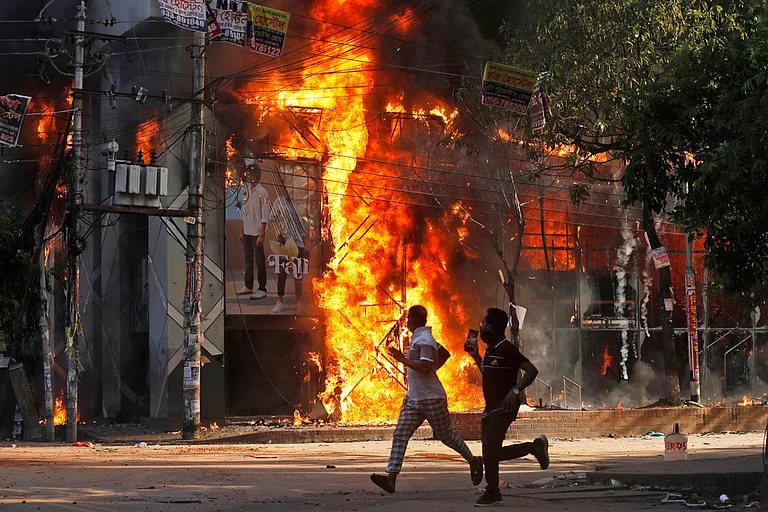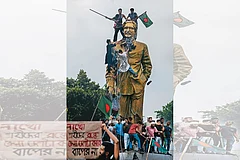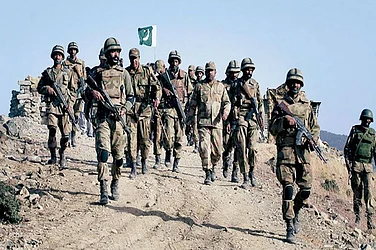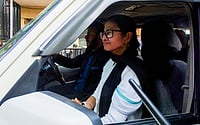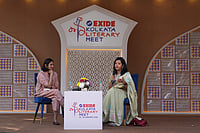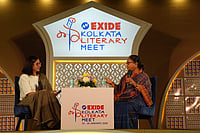How did the July-August developments impact the minority communities?
When the anti-quota movement started at the beginning of July, students from all religions and castes joined it. The student martyrs of the agitation included those from the minority communities. However, towards the end of the movement, when it peaked, attacks on minorities started in at least five districts of the country.
When did the attacks start?
On the evening of August 4, when the students had called for a March to Dhaka with the one-point agenda of Prime Minister Sheikh Hasina’s resignation, we had anticipated that the movement was going to demand the PM’s resignation, which could trigger clashes. In fact, we had formed a national-level monitoring committee on August 3, headed by Nirmal Rozario of the Bangladesh Christian Association. Following PM Hasina’s resignation on August 5, the attacks intensified. In the absence of any police on the streets or at police stations, miscreants had a free run in targeting minorities. By the time Muhammad Yunus took charge as the head (chief advisor) of the interim government on August 8, we had listed such attacks in 52 districts.
What was the nature of these attacks?
The main targets during the communal attacks were the houses, businesses and places of worship, mostly of Hindus. The attacks included loot, vandalism and arson. There also were a few cases of molestation. We have sent an account of such incidents to the chief advisor via an open letter.
What was the role of the leaders of the student movement?
Leaders of the Students Against Discrimination platform have repeatedly called for communal harmony, both during the movement and after the formation of the interim government. They even formed vigilance teams to protect minority-concentration localities and places of worship.

How has the interim government responded?
Yunus raised the issue right in his first interaction with the media after landing in Bangladesh and appealed to the masses to stop attacking minorities. The initial home affairs advisor, retired Brigadier General Sakhawat Hossain, had also categorically addressed the issue. The student leadership too made repeated calls for communal harmony. These statements had some impact and the communal attacks were finally controlled.
Is the situation under control now?
The attacks stopped from around August 12 but not intimidation. The new tactic was extortion, land grabbing and forcing Hindus in prominent positions, including schools, colleges, universities and the civil administration to resign.
On August 13, the chief advisor invited us for a discussion, in which the religious affairs advisor, A F M Khalid Hossain, was also present. It was impressive to see that when Hossain informed us about the initiatives to guard religious places, Yunus said that guarding was no solution. That the places of worship of minority communities required protection was itself a testimony to their plight, Yunus said. Overall, the things that Yunus said that day assured us more or less. We will have to wait to see what changes in reality. As I said, attacks have stopped but not intimidation.
“All parties in Bangladesh tried to use minorities at different times and made promises. None kept their promises, including the Awami league.”
What was/is the main nature of these attacks and intimidation—communal or political? Did they target the Awami League (AL) leaders and supporters in general or minorities specifically?
They were part of a planned attack aimed at destroying Bengali language and culture. Why else was the filmmaker Ritwik Ghatak’s ancestral home destroyed? Ghatak had left eastern Bengal for Kolkata long before Bangladesh was born. Why was Begum Rokeya’s mural desecrated? Did she belong to the AL? Most of the victims of these attacks were not in any position of political leadership. This was a continuation of what we have seen since the East Pakistan years. These kinds of attacks triggered outward migration, which drastically reduced the minority population in Bangladesh. The whole exercise is aimed at creating a sense of insecurity, so that people from minority communities flee from the country, leaving everything behind for the miscreants to grab.
Who was responsible for these attacks?
In my understanding, the same kind of people who were active in anti-minority programmes in the past were the ones who carried out these attacks towards the final phase of the movement. We call them “evil communal forces”. These forces were quietly waiting for an opportunity to emerge into the open. The student protesters were not involved in these attacks. The student leadership, especially their coordinators, played an active role in preventing such attacks.
What will be the role of your organisation now?
Since the police have started returning to their stations, we have asked our leadership in every district that those who faced attacks and intimidations should lodge police complaints or court cases. For this purpose, detailed lists are being prepared. Everyone must be brought to justice. We have placed our vision of an inclusive Bangladesh before the interim government and other major political leadership like the the Bangladesh Nationalist Party (BNP), which was the main opposition party during Hasina’s government. We will remind them of these demands as and when required.
How have other political parties responded to the attacks on minorities?
BNP Secretary-General Mirza Fakhrul Islam Alamgir invited us for a discussion. We noticed a positive change in their approach. He took a clear stance against communalism and categorically said that the people behind these attacks were criminals. He told us that the BNP’s politics had nothing to do with religion-mongering and that the BNP believes in liberal democracy. He asked us to not equate the BNP with the Jamaat-e-Islami (a long-term electoral ally). He called upon everyone to leave the past behind and start afresh.
MORE FROM THIS ISSUE
Minorities, especially Hindus, have trusted the AL electorally for long. Now that the party has significantly weakened, how can this political vacuum affect minorities?
It is true that Hindus mostly voted for the AL. Around the world, minorities gather around one force that they consider comparatively friendlier than others. It is a different question how friendly the force is in reality, but the one that appears to be friendlier than others gets the minority support. In Bangladesh, AL was the choice. All parties in Bangladesh tried to use minorities at different times and made promises. None kept their promises, including the AL. The only difference during the AL rule was that they tried to remove the barriers that minorities face in getting recruitment and promotions. Now, with the AL’s weakening, many members of the minority communities have started proposing the launch of a new, minority-centric political party. Some are suggesting that our existing platform be transformed into a political party. The voices demanding a new political outfit are getting louder. Currently, various aspects are being debated.
(This appeared in the print as 'The Hindu Question')






